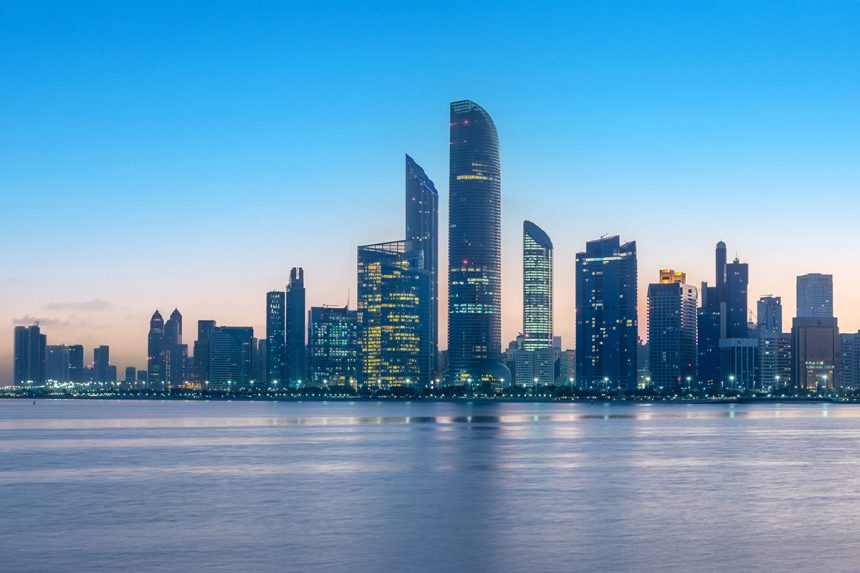Abu Dhabi has recorded exceptional economic performance in the third quarter of 2024, reflecting the emirate’s robust strategies and adaptability in a volatile global economy. The latest data from the Statistics Centre – Abu Dhabi (SCAD) reveals a year-on-year GDP growth of 4.5%, with the economy reaching an unprecedented AED 301.8 billion ($82.2 billion). This achievement is largely attributed to a 6.6% rise in the non-oil sector, showcasing the emirate’s successful diversification efforts and commitment to long-term economic stability.
The emirate’s growth underscores its resilience amidst global uncertainties. For the first nine months of 2024, Abu Dhabi’s GDP expanded by 3.9%, while the non-oil economy posted a 5.9% increase. This sustained growth highlights the effectiveness of the emirate’s multi-pronged approach to reducing oil dependency and enhancing economic sustainability.
In Q3 2024, the non-oil sector contributed 54% of Abu Dhabi’s GDP, affirming its role as the primary growth driver. The shift from oil reliance is part of a broader vision to establish a more balanced and sustainable economy. Industries such as finance, construction, real estate, and manufacturing have played a pivotal role in driving this transformation, reflecting Abu Dhabi’s focus on creating a diverse economic landscape.
Government initiatives have been instrumental in fostering this growth, with significant investments aimed at boosting public-private partnerships and supporting key sectors. In 2024, the government sanctioned 144 new projects, allocating AED 66 billion to housing, education, tourism, and natural resource development. Notably, over AED 3 billion was dedicated to traffic and transport improvements, while international agreements through Etihad Rail enhanced connectivity and logistics capabilities.
The transport and storage sector emerged as a standout performer, growing by 18% and contributing AED 7.1 billion to the economy in Q3. This surge was fueled by higher cargo volumes, increased container handling, and rising revenues from oil logistics and ports. Similarly, the financial and insurance sectors experienced an 11.6% increase, reinforcing Abu Dhabi’s position as a leading regional financial hub. These sectors contributed AED 19.5 billion to the GDP, driven by higher loan volumes and deposit growth.
The construction industry posted a 10% rise, contributing AED 26.7 billion or 8.8% of the total GDP. Investments in urban infrastructure drove this expansion, creating jobs and boosting economic activity. Meanwhile, the real estate sector maintained its momentum, growing by 6.1% and adding AED 10.7 billion to the economy. Strong demand for premium real estate offerings underlines the sector’s importance in diversifying Abu Dhabi’s economic base.
The manufacturing sector, a cornerstone of the non-oil economy, grew modestly by 2%, contributing AED 29.4 billion. As the largest non-oil contributor to GDP, manufacturing continues to play a vital role in economic diversification, maintaining its position as a key sector for the seventh consecutive quarter.
Utilities also made a notable contribution, with the electricity, gas, and water supply sector growing by 5% and adding AED 5.5 billion to the economy. This growth aligns with Abu Dhabi’s focus on sustainability and efficient resource management.
As Abu Dhabi looks to the future, the emirate is committed to accelerating growth through sustainable, diversified strategies. By investing in strategic initiatives and fostering a competitive business environment, Abu Dhabi is well-positioned to solidify its status as a rising economic powerhouse in the region. The continued positive performance across key sectors demonstrates the emirate’s determination to achieve long-term economic excellence.





